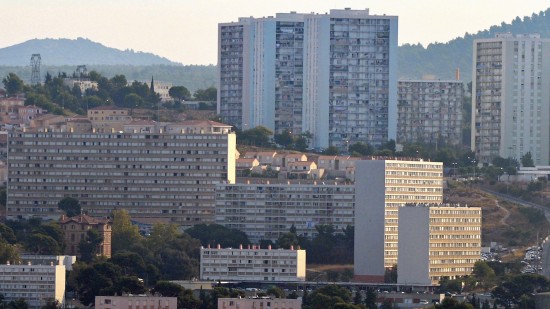The controversial "Law to Consolidate the Principles of the Republic" has now come into force in France. This law is part of the "fight against terrorism" to which French President Macron has committed himself.
At first glance, it contains new regulations that give the French government, for example, more control over the actions of charities and NGOs and the 'home schooling' of children. But the aim is to prevent social minorities from organising themselves into their own communities on a religious or territorial basis or because of their origin. In principle, this is not forbidden in France; there is freedom of association, belief, trade unions and politics. Nevertheless, France now wants to take action against precisely these associations and calls it separatism without further ado if something doesn't suit them. The fight against alleged separatism is relatively common in French history. Since the French Revolution, various social groups have been discriminated against and subjected to repression time and again. The first time the term separatism was used was in 1939 and it was directed against communists. Later it continued to be used against groups fighting against French colonialism or independence movements in their own country. Nowadays, it is mainly the masses living in the banlieues and Muslims (which often overlaps) who are denigrated as separatists. They are accused of not recognising the values of the republic and of living outside them. To implement this, they are forced to assimilate, e.g. women working in public institutions are to be forced to stop wearing headscarves.
This law is not about "unity", but about the brutal subordination of all those who do not want to submit to the ruling bourgeois ideology and continue to rebel against it.

